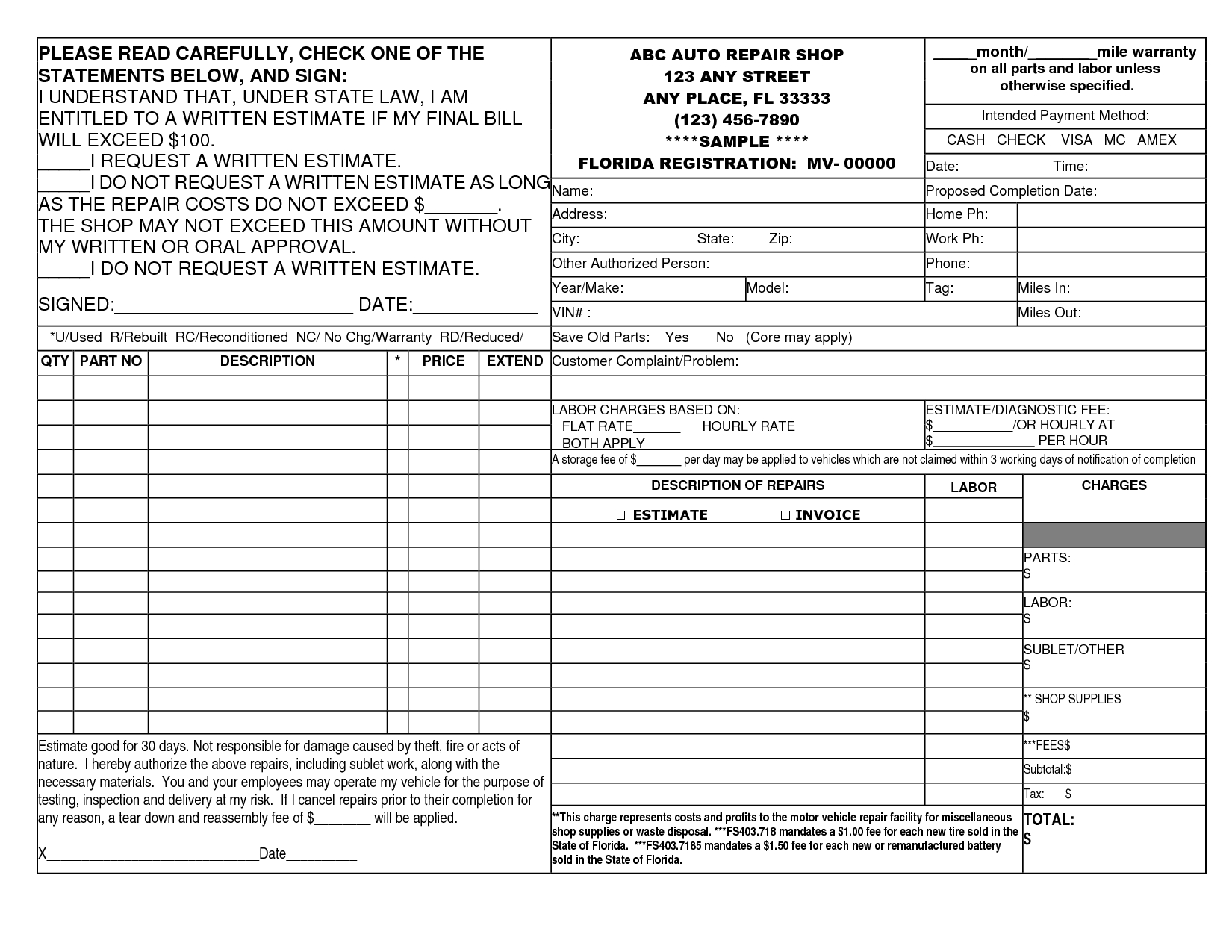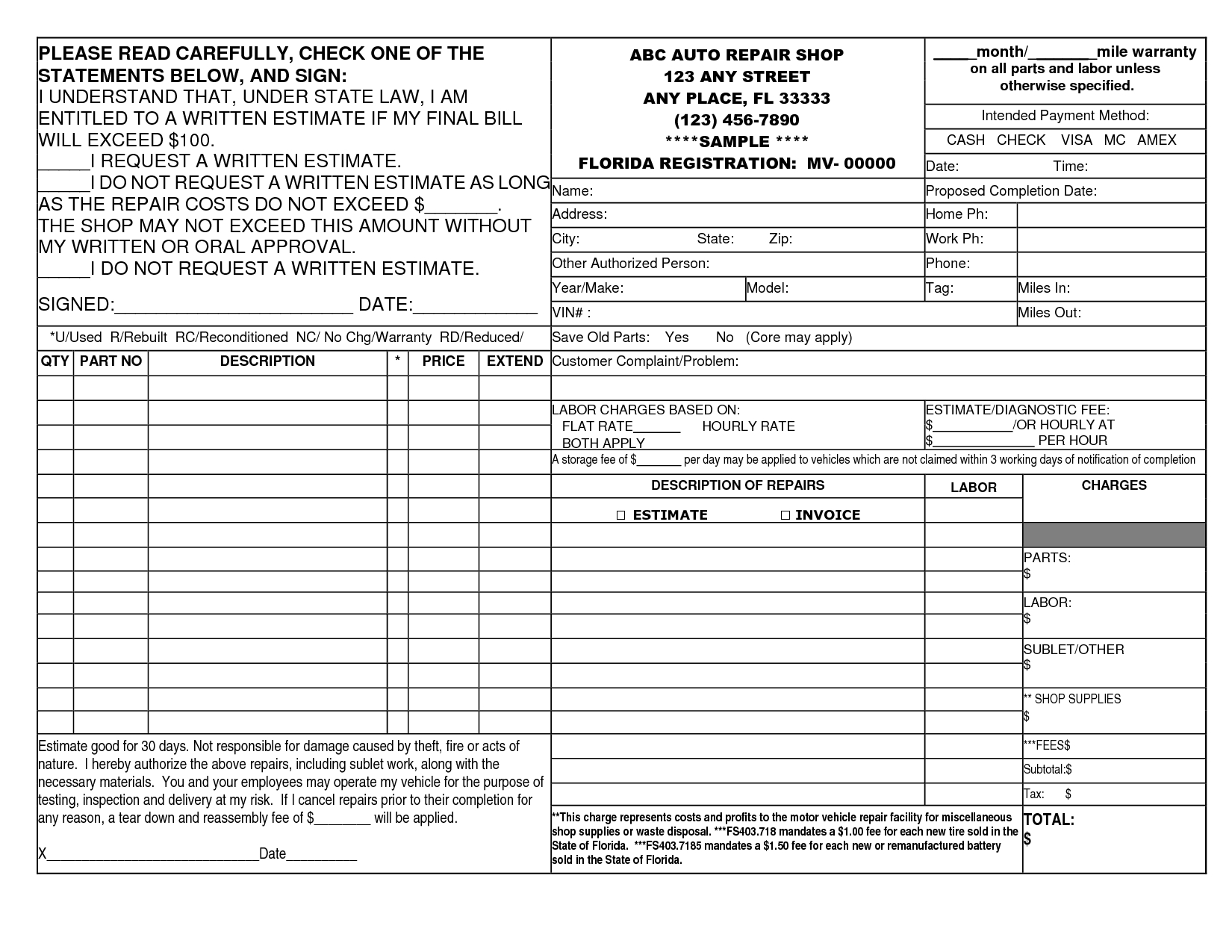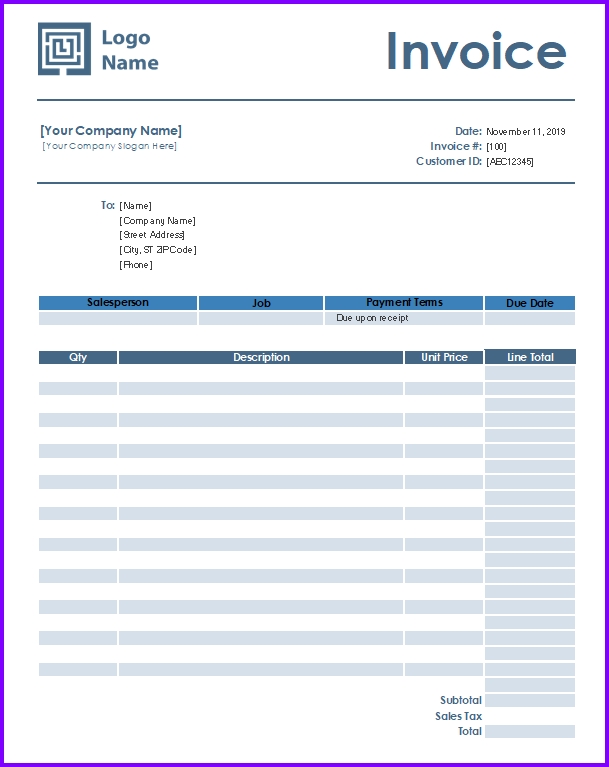
The bond must be delivered within ten business days after the contractor receives the customer’s money.

If the contractor doesn’t meet the above criteria, look elsewhere.Never do business with a contractor who is unwilling to abide by any of the conditions above.Ask for proof of which option they use before hiring them. Prove they have bond insurance to protect your money.Put your payments into an escrow account and use it only for your job until it is substantially complete (contractors are legally required to disclose where money will be held in escrow).On larger projects, architect or engineer plans should specify virtually every detail of a project.Ĭontractors are required by state law to either:.The contract should include a timeline for work to be completed, a payment schedule and as many specifics as possible about the project, such as types or brands of materials. New York state law requires a contractor to provide a written contract for home improvement work.Withhold final payment until all the work is completed and all required inspections and certificates of occupancy are finalized.Often this could include an initial down payment and subsequent incremental payments until the work is completed. Establish a payment schedule and stick to it.Home improvement contractors must be licensed in New York City, Suffolk, Nassau, Westchester, Putnam, and Rockland counties.If a worker is injured, or damage is caused on your property, you could be held liable if the contractor does not have the proper insurance.Get references from the contractor directly and speak directly to former customers.


Ask your friends and neighbors which contractors they used for home improvement projects and whether or not they were satisfied with the results.Also, find out the proposed timeline for when each contractor can start and finish the project.Get quoted prices for the work you want done and compare. Check with your local building and codes office before beginning a project.

Even though a qualified contractor should be aware of necessary permits and inspections, you should know them too.Having a written list will also help in ferreting out unscrupulous contractors who might try to convince you to have additional work done that you don’t want or need. This will enable you to easily negotiate with various contractors, lock in firm prices and avoid surprises.


 0 kommentar(er)
0 kommentar(er)
